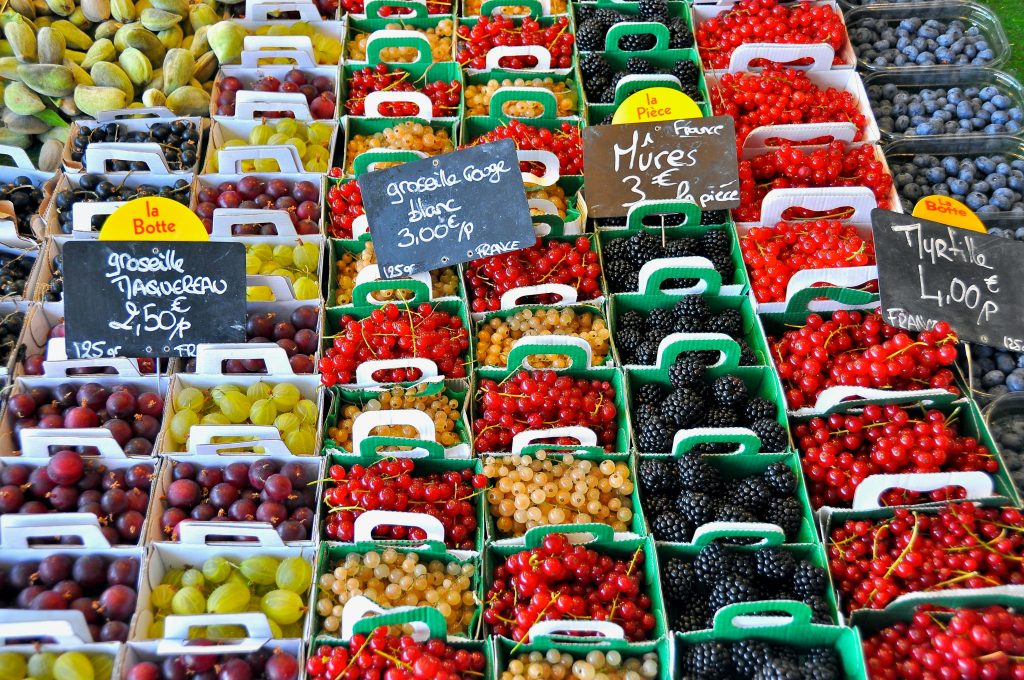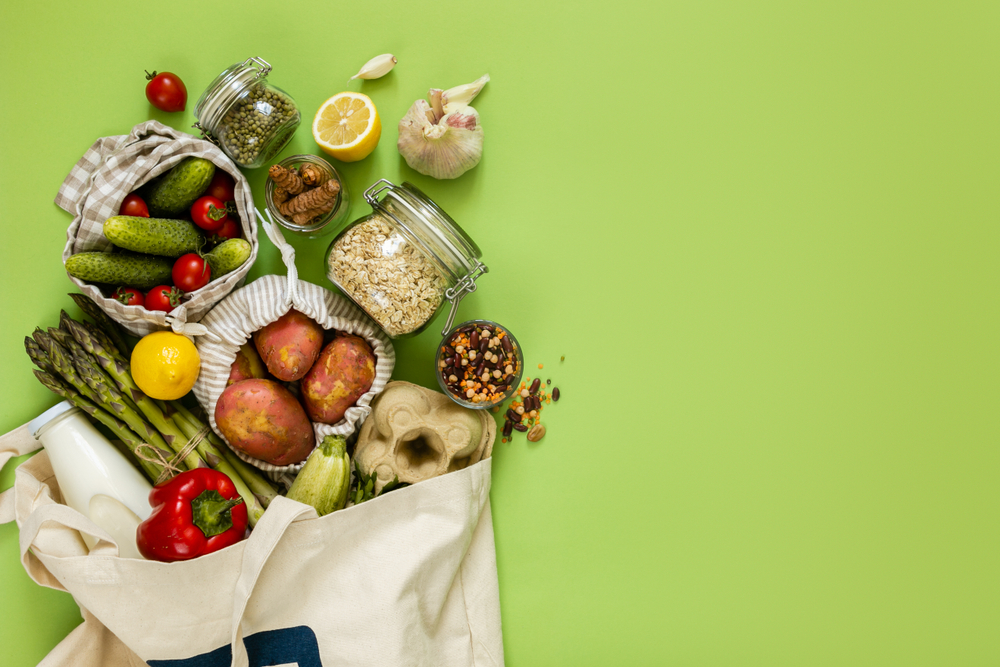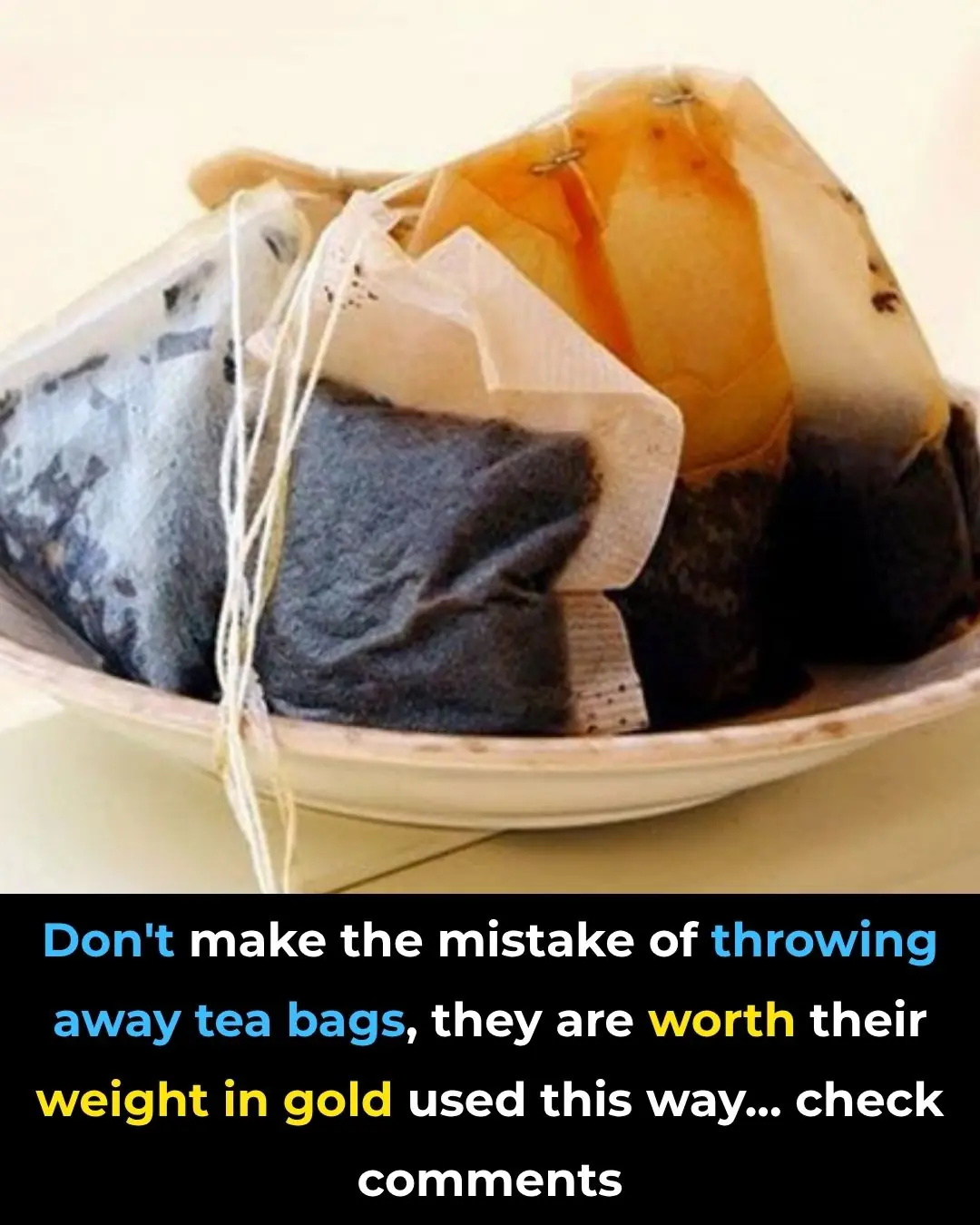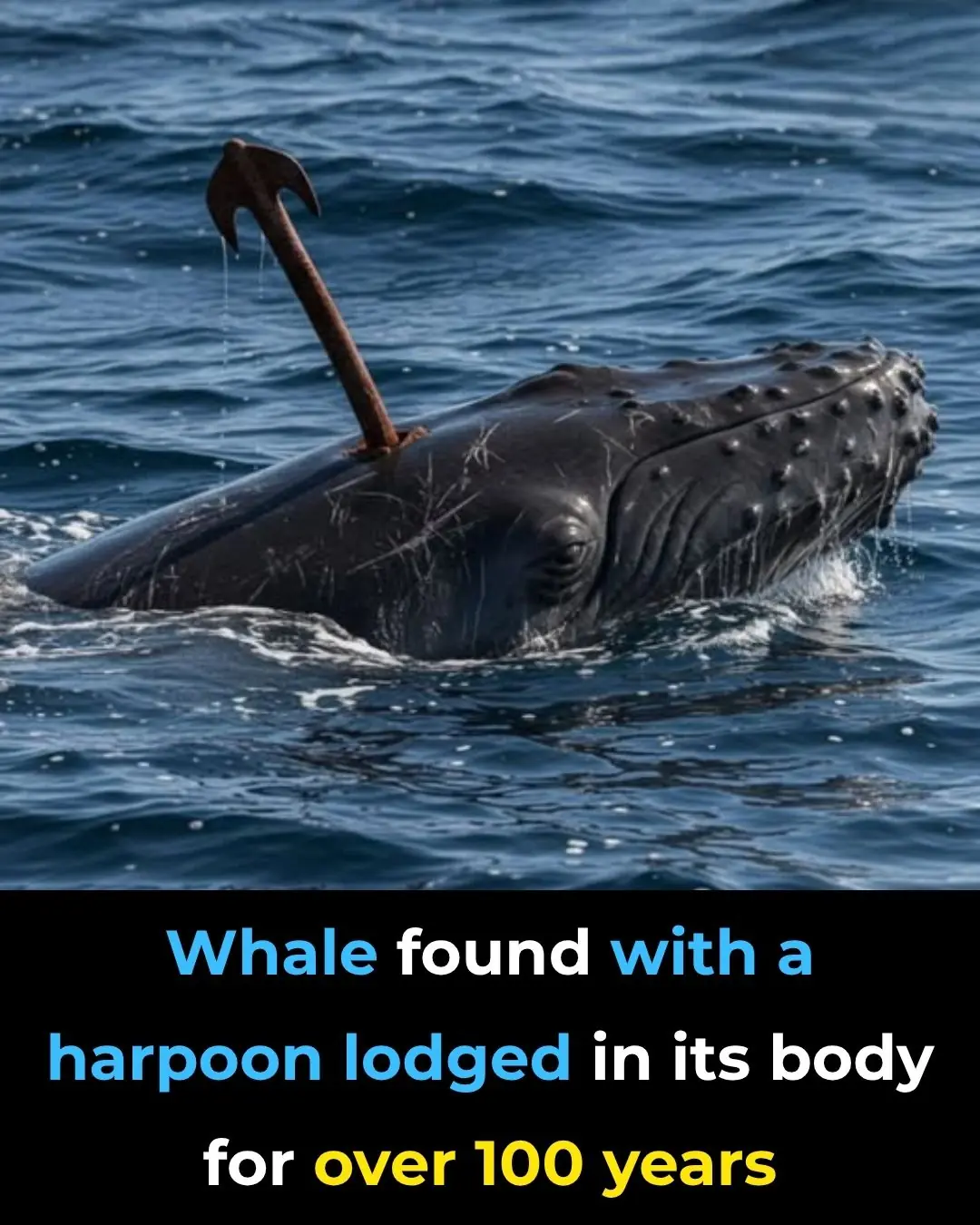
France Bans Supermarkets From Wasting Food, Turns Trash Into Meals for Millions

Turning Waste into Worth: How France Redefined the Ethics of Food and Sustainability
In a world where abundance and hunger coexist in uneasy tension, France has drawn a moral and legislative line unlike any other. Since 2016, it has been illegal for supermarkets in the country to throw away edible food. The policy, born from public outrage and grassroots activism, transformed the simple act of shopping into an exercise in social responsibility. Supermarkets larger than 400 square meters must now donate unsold food to charities and food banks, ensuring that surplus meals reach the hungry rather than landfills. What began as a national effort to combat food waste has since evolved into a broader movement—one that has redefined how France, and increasingly other nations, view waste, hunger, and the ethics of consumption.
The Activist Who Sparked a Movement
The law owes much of its existence to Arash Derambarsh, a local councillor from Courbevoie, who was horrified by how much edible food went to waste while families struggled to eat. Disturbed by the disconnect between abundance and deprivation, Derambarsh began collecting discarded supermarket food and handing it out in his neighborhood. The image of citizens lining up under supermarket lights for what others had deemed worthless became a rallying point. Within months, his petition gathered more than 200,000 signatures, compelling the French Senate to act. The result was groundbreaking: France became the first country to criminalize food waste at the retail level.
Derambarsh’s activism began with empathy but soon evolved into a political revolution. His efforts drew the attention of lawmakers, journalists, and global organizations. In 2015, as the European Parliament debated food waste measures, Derambarsh called upon European leaders to adopt similar laws across the continent. His words carried urgency: more than 89 million tonnes of food were wasted in the EU each year, even as millions went hungry. According to The Guardian, Derambarsh challenged European Commission President Jean-Claude Juncker and national leaders directly: “They have a responsibility before history and before the 500 million people of Europe.”
Within months, France’s National Assembly and Senate voted unanimously to pass a food waste ban—a rare show of political unity. The law required large supermarkets to sign formal donation agreements with charities and imposed fines of up to €75,000 or even prison sentences for violations. Retailers were also forbidden from deliberately spoiling food with bleach, a once-common practice used to deter dumpster divers. Instead, food fit for consumption had to be preserved, stored hygienically, and transferred to organizations capable of redistributing it safely. For Derambarsh, it was proof that ordinary citizens could drive extraordinary systemic change.
Feeding a Nation: From Moral Outrage to Logistics

The law’s impact was immediate and symbolic. Food banks across the country, including Banques Alimentaires—France’s national network—reported dramatic increases in both the quantity and quality of donations. Previously, most charity meals relied on non-perishables like pasta and canned goods. Now, donations included fresh produce, dairy, and meat. Jacques Bailet, the head of Banques Alimentaires, called the law a “positive and very important symbolic measure” that would allow charities to provide more nutritionally balanced meals. For millions who depended on these services, the change meant dignity as well as sustenance.
But turning moral outrage into an efficient logistical system was no small feat. The sudden influx of donations overwhelmed many charities, which lacked refrigerated trucks, cold storage facilities, and trained personnel to handle perishable goods. “We suddenly had more food than ever,” recalled Aline Chassagnot, who manages a Paris-based food redistribution program, “but not the means to store or move it.” Without infrastructure, some donations risked spoiling before reaching families in need. Generosity, it turned out, required logistics.
The French government responded with tax breaks for companies that donated food and grants to help charities modernize. Supermarket chains like Carrefour and Intermarché began collaborating with local organizations to create daily pickup schedules. Today, refrigerated trucks pull up to stores before sunrise to collect unsold fruits, vegetables, dairy products, and prepared meals—redistributing them before they ever risk expiration. What was once a symbol of excess has become a finely tuned choreography of compassion.
A Global Ripple Effect
France’s bold move reverberated across Europe and beyond. Italy followed suit with the Gadda Law in 2016, offering tax incentives for companies that donate surplus food. Denmark launched “waste supermarkets” selling surplus goods at low prices, and the United Kingdom implemented voluntary donation agreements. Even non-European countries took notice—from South Korea to Canada, where legislators cited France’s example as evidence that systemic change was possible. The lesson was clear: hunger and waste were not inevitable companions, but challenges solvable through policy, partnership, and public will.
The Expansion of a Revolution

The success of the food waste law laid the groundwork for a far more ambitious goal—the elimination of waste across industries. In 2020, France introduced a sweeping anti-waste law, which came fully into effect in 2022. This legislation made it illegal for companies to destroy unsold goods, from electronics and cosmetics to luxury fashion. Before the law, over €650 million worth of new products were destroyed annually in France, often to protect brand image or maintain scarcity. Now, companies must donate, reuse, or recycle unsold goods rather than destroy them.
The fashion industry, notorious for its wasteful overproduction, was forced to change course. Burberry’s 2018 scandal—when it burned millions in unsold products—became a cautionary tale. France’s new regulations reshaped corporate behavior and consumer expectations alike, weaving sustainability into the fabric of modern capitalism.
The movement expanded into environmental policy as well. By 2025, all plastic packaging in France must be recyclable, and single-use plastics will be phased out completely by 2040. Fast-food restaurants are now required to eliminate plastic containers, while cigarette manufacturers must pay for the proper disposal of cigarette butts. Each policy, though seemingly small, contributes to a larger cultural shift: aligning consumer culture with ecological ethics.
The Environmental and Ethical Legacy

Food waste is not only a social injustice—it’s an environmental disaster. Every ton of wasted food produces methane, a greenhouse gas up to 28 times more potent than carbon dioxide. Globally, food waste accounts for roughly 8% of greenhouse gas emissions. By diverting edible waste from landfills, France’s law helps the country meet its ambitious climate goals while reducing water, land, and energy waste embedded in food production.
Education has played a crucial role in this transformation. Schools now teach students about sustainability and food ethics, while public campaigns encourage citizens to buy only what they need and to understand expiration labels correctly. According to PBS NewsHour, nearly 2,700 supermarkets send near-expiry food to 80 warehouses across France, rescuing about 46,000 tons of food annually—a 20% increase in food bank donations since the law’s implementation.
Still, some critics argue that redistribution treats symptoms rather than root causes. As social geographer Paul Milbourne notes, supermarket-driven overproduction and the obsession with perfect-looking produce remain the deeper issues. Yet others see France’s policy as an essential first step—a foundation upon which a culture of accountability and care can grow.
A Template for the World

Nearly a decade on, France’s food waste law stands as both a moral statement and a logistical triumph. It has inspired legislative discussions in Belgium, Spain, and South Korea, where policymakers study France’s model as an example of practical idealism. In Belgium, for instance, lawmakers are preparing to require supermarkets over 1,000 square meters to donate edible food, aiming to stabilize food bank supplies. Meanwhile, a new generation of French startups—such as Too Good To Go and Phenix—has turned waste reduction into a thriving business model, connecting consumers with surplus food through mobile apps. Even high-end chefs are participating, crafting menus from “rescued” ingredients to prove that sustainability and creativity can coexist.
Turning Waste into Worth
At its heart, France’s anti-waste revolution is not just about food—it’s about values. It declares that nourishment, dignity, and responsibility are intertwined, that food is not a disposable commodity but a shared human resource. By transforming waste into worth, France has redefined the relationship between abundance and need. The law has not eradicated hunger or solved every logistical challenge, but it has made compassion a civic duty.
As the world faces escalating climate crises and widening inequality, France’s example endures as both inspiration and challenge. It asks every society to reconsider how it values food—and by extension, life itself. In transforming waste into sustenance, France has done more than feed millions. It has nourished the world’s conscience.
News in the same category


Trump Gets His Wish as Coca Cola Launches Cane Sugar Version

Why Do We Perceive Faces in Ordinary Objects?

How Your Sleep Position Reveals If You’re Lazy

7 Clever DIY Uses for Used Teabags That Will Make You Think Twice Before Tossing Them

The Whale That Carried History In Its Neck For Over 100 Years

Denver Bans the Sale of Dogs, Cats, and Rabbits, Paving the Way for More Shelter Adoptions

If you rub these 2 points behind your knees, this is the effect on your body

Its true meaning you probably don't know

Steps to Take When Your Adult Children No Longer Show Respect

Never Throw Away These 4 Things at Their Funeral..

DC Woman Wins Landmark Case After Suing Neighbor Over Overpowering Weed Smell

Bill Gates–Backed Beyond Meat Faces Collapse After Massive Stock Drop

According To This Psychologist, A Dirty Car Can Reveal A Lot About Your Personality

Most drivers don't know the purpose of the car door hook

Most people don't know the meaning of wearing an ankle bracelet

What Clutter and Neglect Might Be Saying

Why the “Good Side” of Your Fence Should Face Your Neighbor

If a Man Doesn’t Appreciate You, Here’s What You Should Do
News Post

The Boy Who Hitchhiked 250 Miles to Meet His Hero.

A Waitress Named Susie and the Night Kindness Stole the Spotlight

The Lesson by the Lake: A Mother Bear’s Love That Teaches Survival.

A Moment of Joy: How a Playful Baby Elephant Stole Everyone’s Heart

The Coyote at the Grave: A Bond That Survived Fire and Time

Sasha’s New Chance: A Journey of Courage, Pain, and Hope

Devotion: The Lions Made of Love and Cardboard.

The “Guilty” Raccoon Who Stole Hearts Instead of Snacks.

A Metro Ride, a Meltdown, and a Miracle: How One Officer Turned a Child’s Worst Day into a Moment of Kindness the World Will Never Forget.

A Graduation to Remember: When a Police Officer Carried a Student Across the Finish Line.

A Moment of Joy: How a Playful Baby Elephant Stole Everyone’s Heart.

Meet Demi Johnson, the Teen Scientist Helping Restore Oyster Reefs in Mississippi

Holding On for a Miracle: Keontae McKinnon’s Brave Fight

A Homecoming Marked by Grief and Gratitude: The Corley Family’s Journey

From Shelter to Service: The Incredible Journey of K-9 Ron

Detroit Couple Celebrates Their 75th Wedding Anniversary And Credit Communication As The Key To A Lasting Marriage

This Mom Got Illinois To Sign A Law Banning Hair Discrimination In Schools

These Multilingual Siblings Have Created A Virtual Academy To Teach People How To Speak Other Languages

This Mother and Daughter Got The Chance To Serve On The Same U.S. Navy Ship Together
